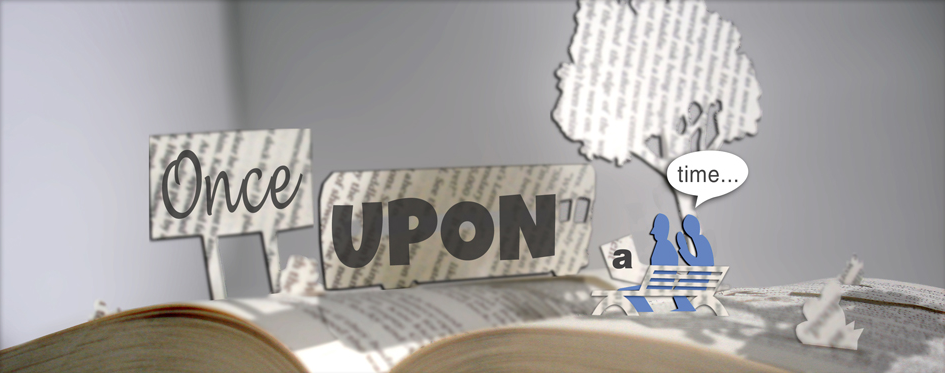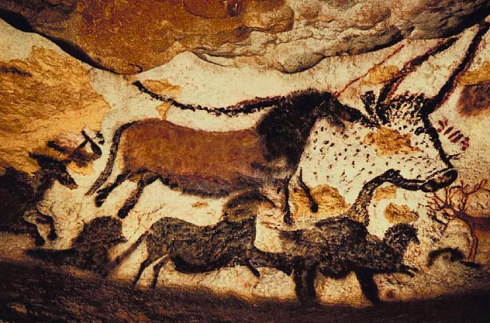From fables to Facebook: Why do we tell stories?


Throughout human history, stories have existed across all cultures in all forms, from ballads, poems, songs to oral history, plays, novels. Some narratives have evolved along with the human species—we are consistently drawn back to ancient parables, fables and fairytales, constantly reworking them into modern contexts.
Narrative is a gift unique to the human species, but how as it survived for so long? Is it a by-product of evolution or essential to survival? What drove us to painstakingly inscribe portraits on rocky walls in ochre and charcoal, to compose and listen to lengthy ballads of heroes’ tales, to nosily read people’s Facebook statuses about their day, to devour novels and films like we’re hungry for fictional worlds? Neuroscience and developmental psychology have begun to answer these questions, embarking on the ambitious task of explaining why we tell stories.
Storytelling is one of our most fundamental communication methods, for an obvious reason: narrative helps us cognise information. Telling intelligible, coherent stories to both ourselves and others helps our brains to organise data about our lives and our world. But when we ask why stories are so effective at helping us cognise information, the answers are surprising: it seems that somewhere in the otherwise ruthless process of natural selection, evolution has wired our brains to prefer storytelling over other forms of communication.
Good stories engage us. When we hear plain, bloodless facts, the language processing centres of our brain light up and we decode words into meaning—but when we’re told a story, not only are language processing centres lit up, but also a vast array of other regions distinct from those centres. For example, if you tell a friend a story about a dinner party at which you ate delicious roast pork, their sensory cortex will light up; or if you tell them about the game of football, their motor cortex will become active. The parts of the brain they would use if actually experiencing the event light up, even though they are only being told about it.
This is particularly interesting when considering the effect that literary techniques have on our brain activity. In a 2006 study published in NeuroImages, Spanish researchers asked participants to read both neutral words (such as chair and key) as well as words with strong odour associations (such as coffee, perfume, lavender and soap). Brain scans using an fMRI machine showed that when they read the odour-associated words, their primary olfactory cortex lit up; but when they read the neutral words, that region remained dark. In another study at Emory University, texture metaphors such as “the singer had a velvet voice
Fuge L (2013-06-18 00:33:20). From fables to Facebook: Why do we tell stories?. Australian Science. Retrieved: Apr 18, 2024, from http://australianscience.com.au/psychology/from-fables-to-facebook-why-do-we-tell-stories/
 Follow
Follow
2 thoughts on “From fables to Facebook: Why do we tell stories?”
Comments are closed.